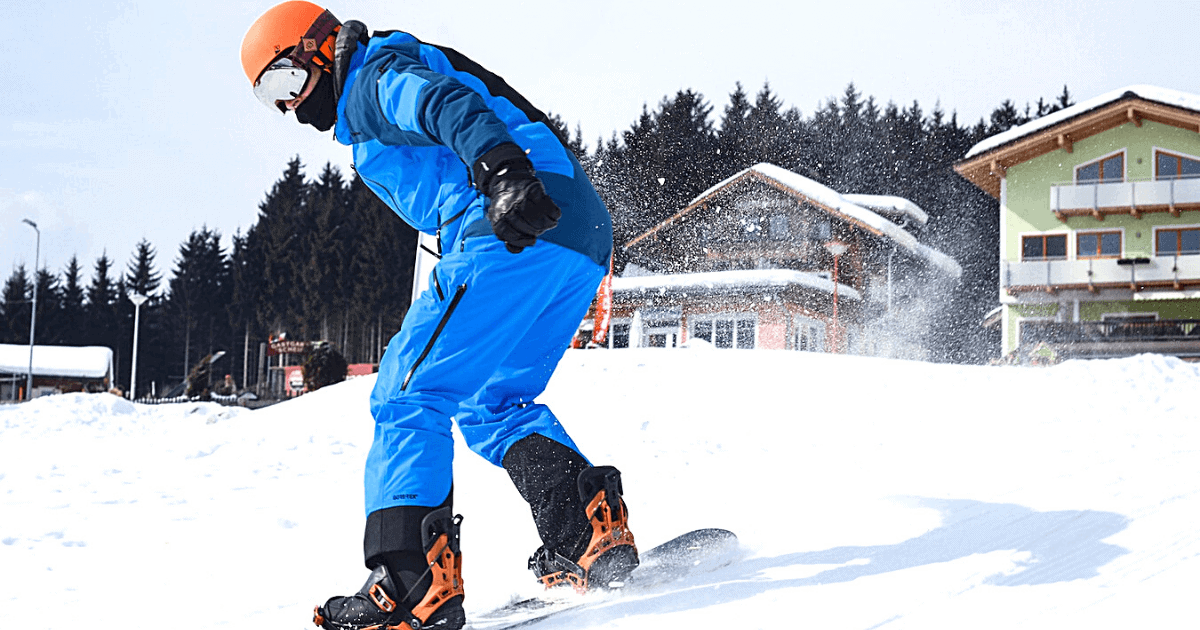3 Brain Safety Tips for Winter Sports
The winter months bring many wonderful things. The start of a new year. A beautiful, fresh fallen snow. Fun on the slopes.
But the winter also brings something of great concern: a spike in traumatic brain injuries.
Despite the drop in temperature, many still enjoy the outdoors during winter by participating in sports like skiing, snowboarding, ice skating, sledding, and ice hockey. But winter sports pose a legitimate danger to your brain if you do not take proper care to protect yourself.
To fully enjoy these winter activities, it is important to understand and respect the risks that winter sports pose, including concussions. Know these winter sports safety tips to enjoy all winter has to offer.
Wear a Helmet
Protecting your brain starts with wearing a helmet. Be sure to choose a helmet that fits properly, and is designed for the sport you’ll be participating in. Regularly check your helmet for damage, including dings and scratches that may limit its effectiveness.
Know Your Surroundings and Limitations
When planning a trip to the slopes, look at the weather forecast. Try to plan for optimal conditions to reduce the risk of injury. Know how the trail is laid out, and where the boundaries are. Stay near the center to avoid obstacles, and try to avoid crowded areas. Headphones are a big no-no, as they won’t allow you to hear what’s happening around you. Don’t opt for an advanced trail or equipment if you’re a beginner. Before getting started, know where medical help is available. The same goes for skating rinks and sledding trails.
Know the Signs of Concussion
The signs and symptoms of a concussion may appear immediately after a hard fall, or not for days or even weeks afterward. And it doesn’t always require a direct hit to the head for a concussion to occur. Symptoms of a possible concussion include:
- Headache
- Weakness
- Numbness
- Dizziness
- Balance/coordination issues
- Confusion
- Slurred speech
- Ringing in the ears
- Nausea and/or vomiting
If you or a loved one are experiencing any of these symptoms, seek medical attention within 24 hours. Sometimes, a person loses consciousness after suffering a concussion. In that event, call 911 or seek emergency medical help, immediately.




